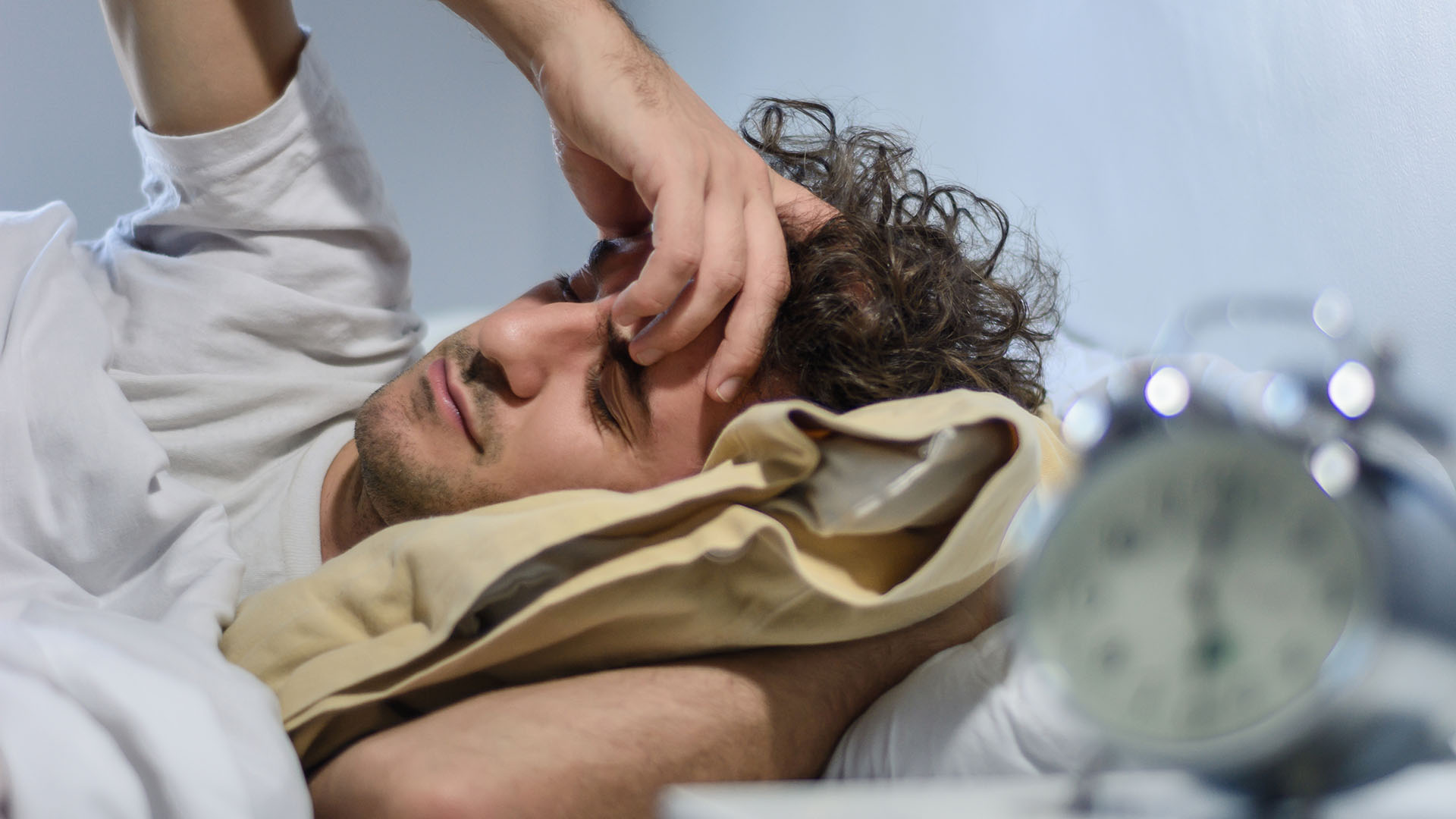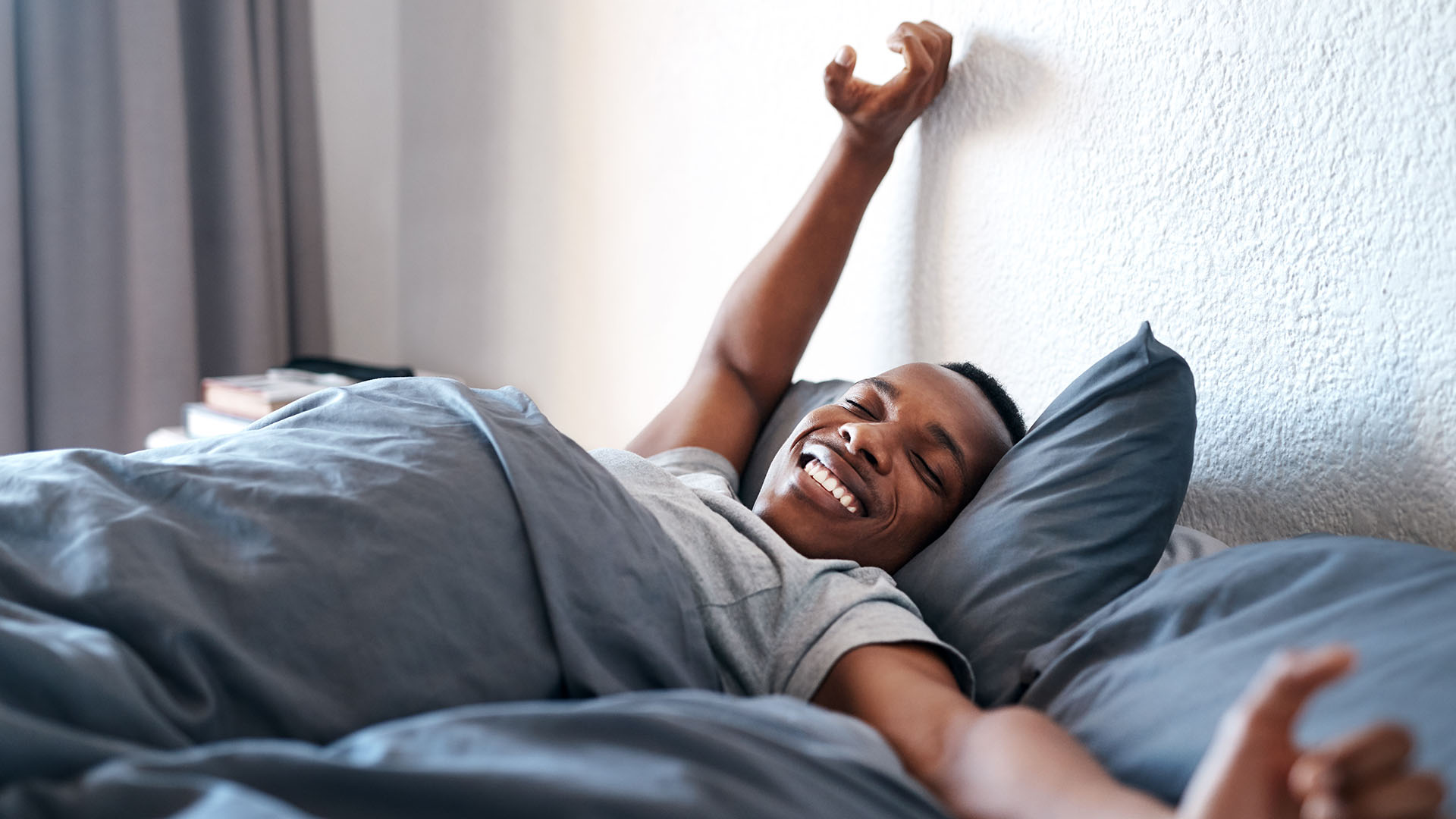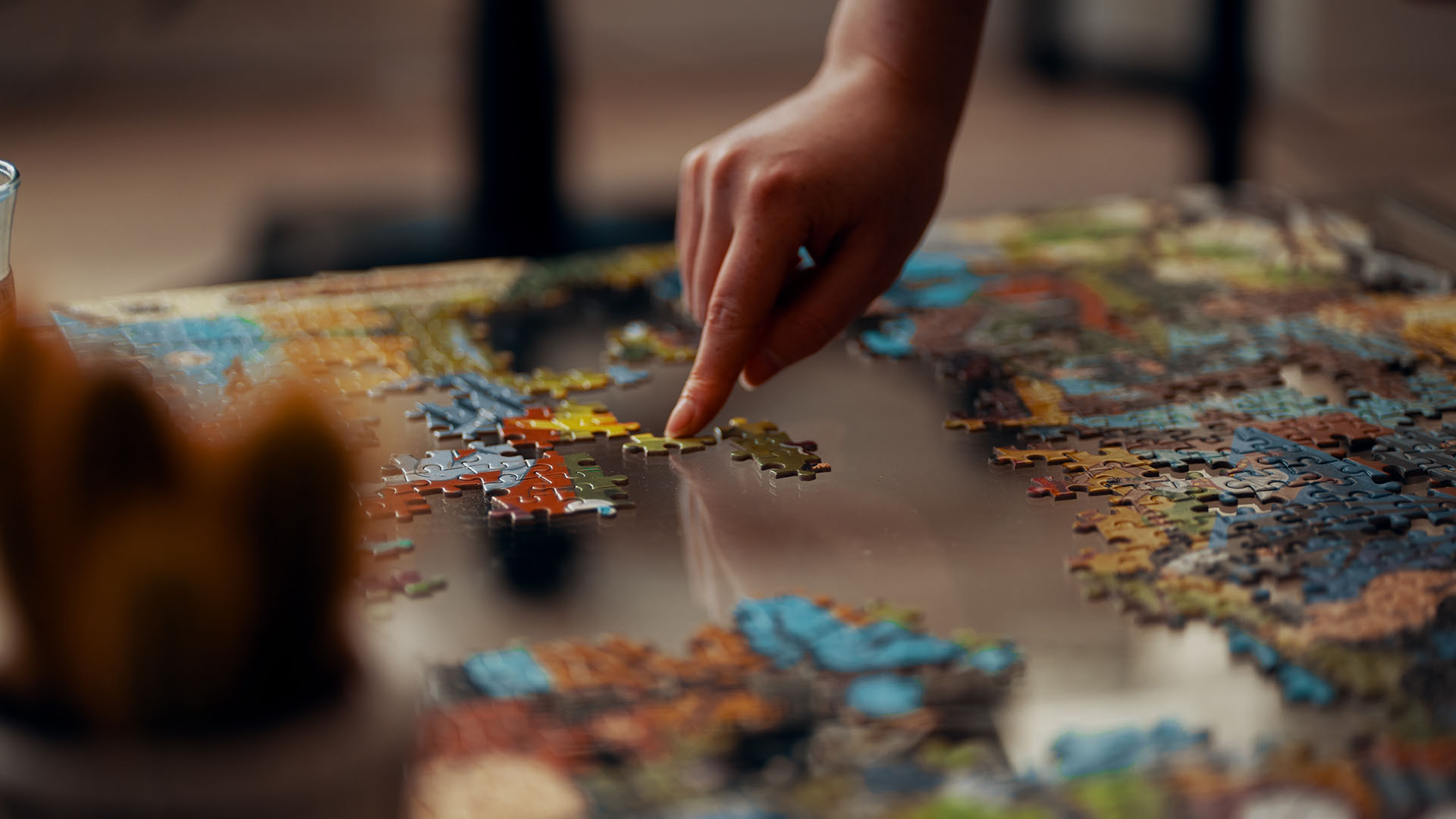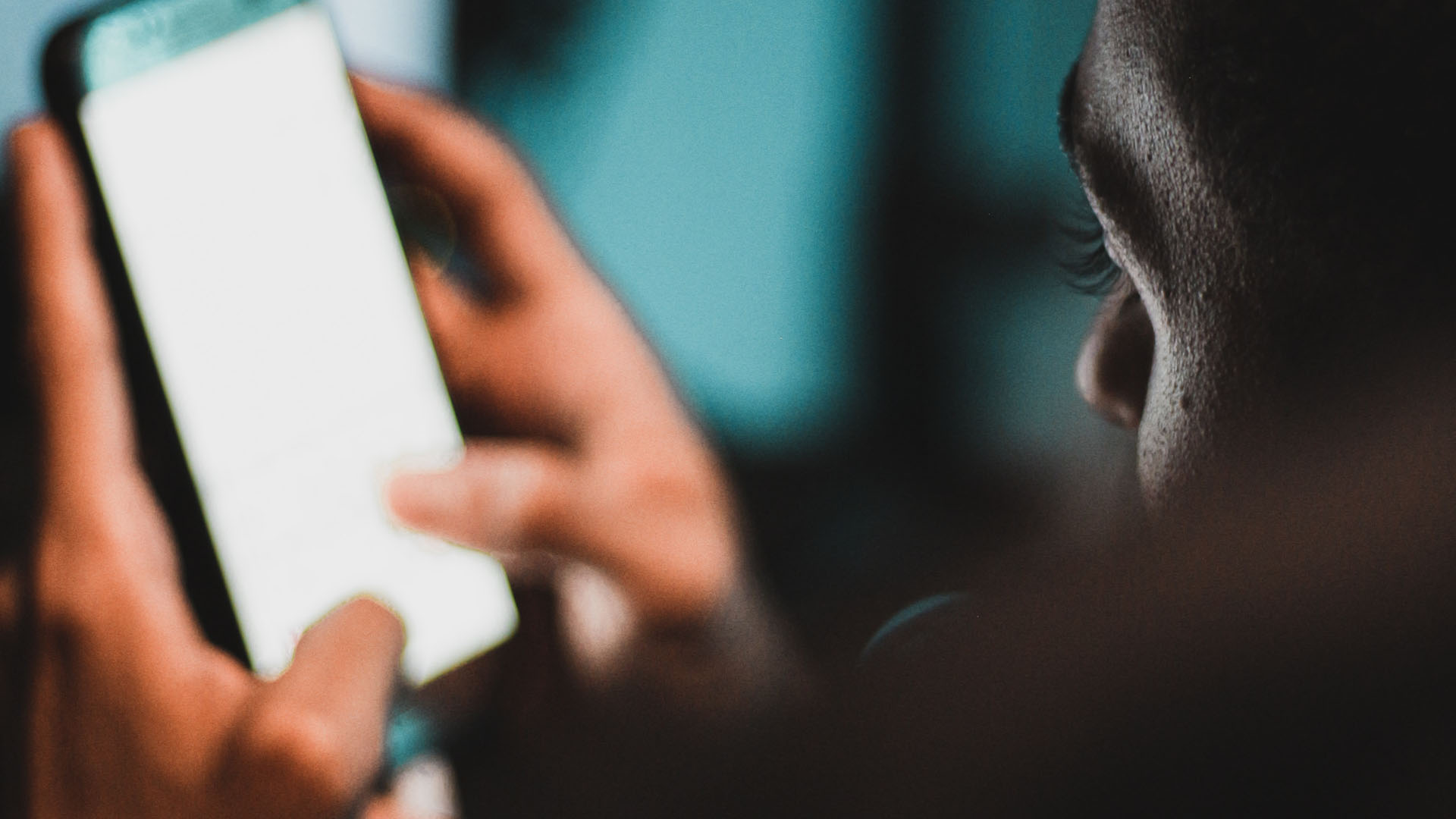What is the 15 minute sleep rule and how can it help you get a better night's sleep?
Get to sleep quick by getting out of bed…

If you frequently have trouble falling asleep it can leave you feeling anxious, restless and wondering what to do. But, according to the experts, if you're still wide awake 15 minutes after you go to bed, then, in fact, it's best to get up.
While this 15-minute sleep rule might sound a little counterintuitive, but research suggests it will ultimately help you get the rest you deserve. However, in order for this technique to be effective you will need to follow some simple rules.
Below we explain exactly what is the 15-minute sleep rule (also called the ‘quarter-of-an-hour rule' or QHR) and how it can help you sleep better. We also cover what you should and should not do once you get up. So, if getting to sleep easily is something that you only dream about, then read on to find out more.
What is the 15-minute sleep rule?
If you regularly suffer from insomnia, then you will be no stranger to the anxiety that comes with not being able to fall asleep. The 15-minute sleep rule is based on the premise that it's best to associate your bed with sleep rather than stress.
This is why the rule says if you are still awake after 15 minutes, then it's best to get up. But the trick is also about what you do when you get up as it could be key to helping you fall asleep. This disassociation from stress is where the power of the quarter-of-an-hour rule lies.

What should you do when you're out of bed?
If after 15 minutes you are still wide awake and staring at the ceiling, then you shouldn't stay in bed. However, rather than staying in your bedroom, the advice is to do the following:
- Go into another room
- Make sure the lights are low
- Make sure you are warm
Once these conditions are met, then you should aim to keep your activity low-key. For instance, you might want to read something relaxing or do a craft activity or jigsaw puzzle to unwind and help prepare your body for sleep. Having a warm drink can also help, but make sure it does not contain caffeine. A herbal sleep tea could be a good choice but don't overdo it so you end up waking up in the night because you need to use the bathroom (here's when to stop drinking before bed, according to a doctor).
Hopefully, you should soon be feeling sleepy and it will be time to go to bed again. If you find you are still struggling after another 15 minutes, then get up and repeat the process. Remember, you are connecting your bed with sleep rather than anxiety and insomnia.

What should you NOT do when you're out of bed?
Despite the fact this technique is called the 15-minute sleep rule, you should definitely not be clock-watching! The idea is to simply estimate how long you have been awake for rather than checking the time. When you think it has been about 15 minutes, then get up and move to another room.
Get instant access to breaking news, the hottest reviews, great deals and helpful tips.
Once you have gotten out of bed, then there are other things you should not do. This includes looking at any screens including your mobile phone. While it might be tempting to scroll online or put the TV on to help you relax, the blue light from the screens will only keep you awake for longer and over-stimulate your brain.

You should also avoid drinking alcohol. While a nightcap might seem like a good idea to help you drift off, even a low amount of alcohol will disrupt the quality of your sleep. Alcohol causes disturbed sleep, if you drink before bed you will experience even more insomnia and feel overly tired the next day.
Also avoid eating anything too heavy or spicy. This means midnight snacks are banned… While it might be tempting to tuck into whatever's in the fridge to alleviate the tedium of your insomnia, according to the Cleveland Clinic, eating before bedtime can throw off your circadian rhythm so the body doesn't prepare for sleep. However, if you do get peckish then a small amount of raw veg, fruit or yoghurt is fine.
How can the 15-minute sleep rule help you sleep better?
If you have insomnia, then worrying about not falling asleep is only going to make the situation worse, especially if it is a long-term issue.
Getting up and letting your bed be a place for sleep rather than stress is key to this technique. It's also worth remembering that most people take a little while to fall asleep and that it is standard for it to take up to 15-20 minutes to fall asleep.
In fact, if you fall asleep as soon as your head hits the pillow, then this could be a sign that you are sleep deprived and fatigued. So with this in mind, try not to worry too much the next time it takes you a little while to drift off, and if the sleep still isn't coming then, remember, getting up could be your ticket to faster sleep.
Grace is an experienced sleep writer and mattress reviewer who also contributes to our sister site TechRadar, among other Future plc brands. She's a big fan of organic sleep products and has recently invested in a wool mattress topper that she quite happily describes as "life-changing." (Hey, we're serious about our sleep products). When she isn't testing mattresses or writing about sleep, Grace enjoys reading and creative writing, and incorporates meditation and yoga into her wellness routine.
 Club Benefits
Club Benefits






